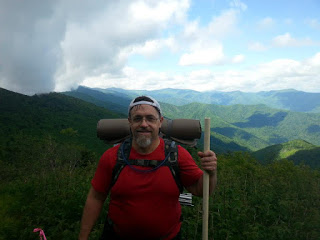My professor, mentor, dissertation director and very good friend, Dr. Michael Langston, Brigadier General Deputy Commander South Carolina State Guard Major themes identified in bibliographic sources show that this project is strong with background material necessary to explore Emperor Marcus Aurelius’ Meditations, the centerpiece of this project. Bibliographic material also reveals a weakness in terms of sources that make application of the Emperor’s journal for Christian leaders, specifically. This is where the gaps may lie so this researcher will need the freedom to create a plan of one’s own, noting most importantly “but that plan must make sense to your readers.” (Turabian 2018, 67). As Marcus Aurelius’ Meditations lie at the heart of the project, major themes such as biography and literary analysis become obvious and, with help of the outline, the reader should be guided through the content. Other themes then become evident such as Stoic philosophy and Christian practi...






